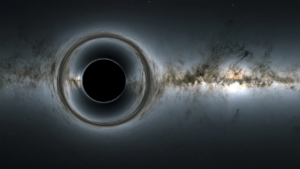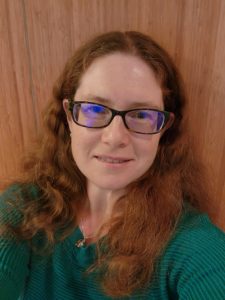

Black holes are fascinating, but enigmatic celestial objects. Long predicted by theory, as the product of some of the most energetic events in the universe, they have always presented severe challenges to observational astronomers. If the have a binary companion, accretion or the gravitational waves released during a merger can reveal their presence, but isolated black holes offer no such signatures. Yet understanding the Milky Way’s population of stellar remnants – both isolated and binary – will place important constraints on models of stellar evolution. The phenomenon of microlensing provides the means to detect massive objects, even when they emit no light at all. Modern surveys are capable of detecting these transient events across a huge swathe of the Galaxy, and will chart the population of stellar remnants in the Milky Way. This talk will explore how black holes fit into our understanding of the lives of massive stars, how microlensing can reveal even singleton stellar remnants, and describe how recent work has confirmed the first such discovery.
More on microlensing: http://www.microlensing-source.org/

Dr. Rachel Street completed her Ph.D. at the University of St. Andrews in Scotland, where her thesis focused on searching for exoplanets in open clusters. This work led to her first post-doctoral position at Queen’s University Belfast, Northern Ireland, where she was a founder member of the SuperWASP transit survey, for which she received the RAS Group Achievement Award and a PPARC Postdoctoral Fellowship. Rachel considers herself fortunate to have joined Las Cumbres Observatory (LCO), soon after it was founded, giving her the opportunity to watch the LCO Telescope Network develop into full operation. Rachel started to study first exoplanets and later stellar remnants through the phenomenon of microlensing using LCO’s telescopes, and she now leads the LCO Microlensing group as a Senior Scientist. Rachel recently stepped down as a co-chair of the Rubin Observatory Transients and Variable Stars Science Collaboration, which aims to prepare for groundbreaking science with the Legacy Survey of Space and Time.